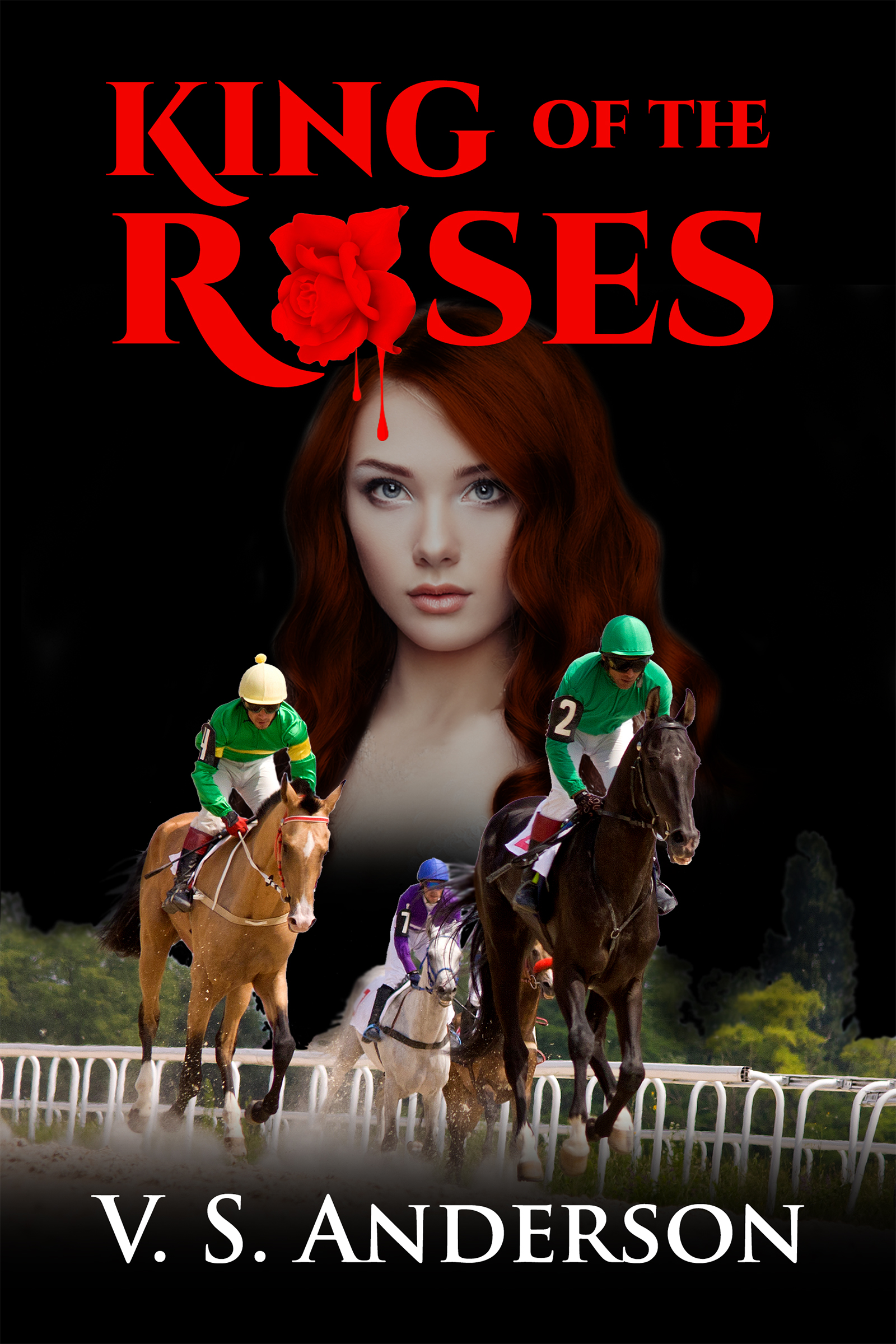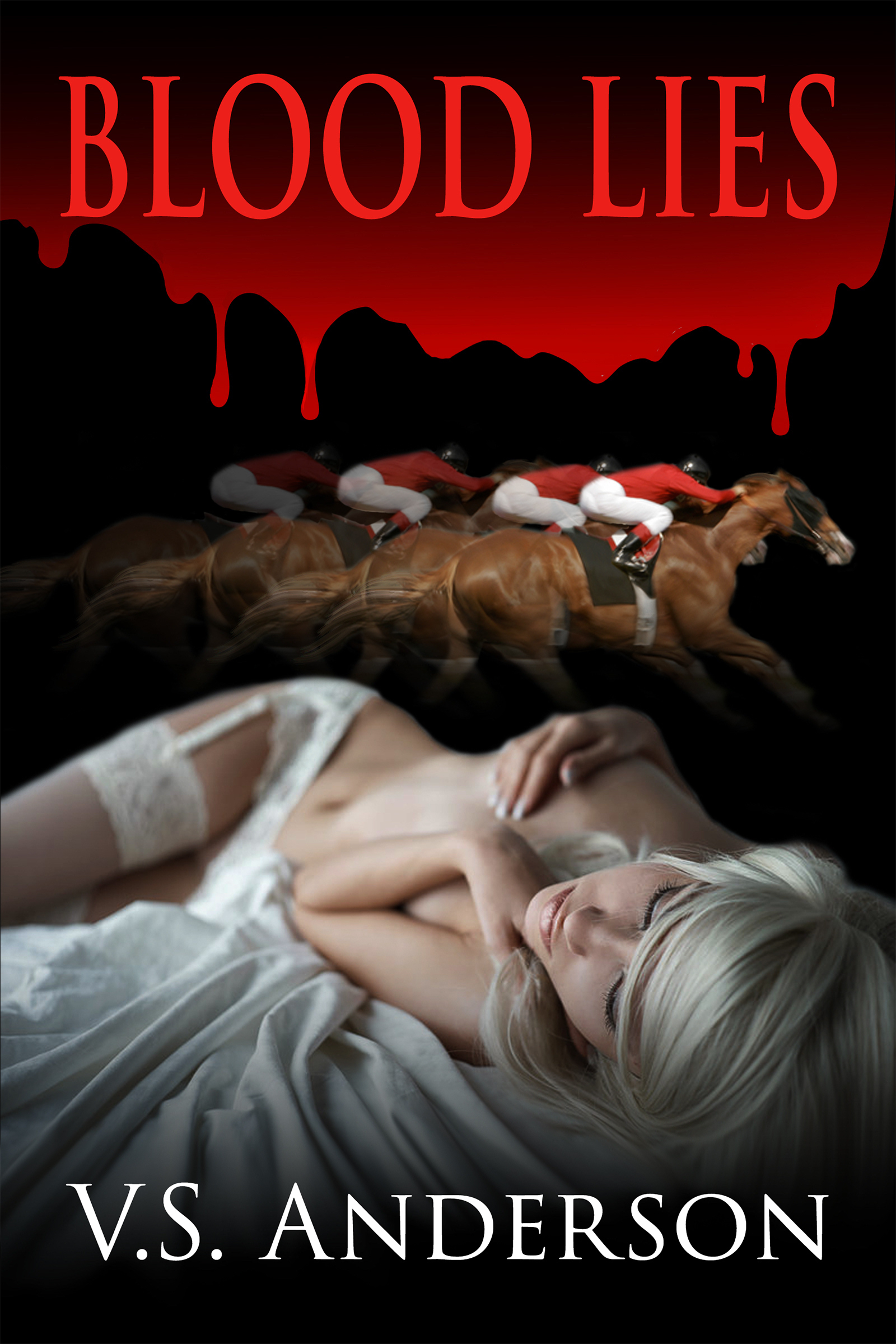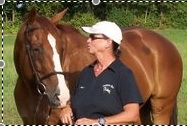
The right turn has to be here somewhere!
It’s been a while since I started a book from scratch.
One of my two latest ventures is the third volume in a mystery series I’ve been working on for some time. But the other is new—premise to hand-written scribbles to first keyboarding. I’m about 15,000 words in. And it’s taking off.
By taking off, I mean every time I finish a scene, the next one’s shaping up in my mind. I’m excited about sitting down to the draft every day. Zoooom.
Both of these plunges into new writing confirmed a few things I thought I remembered about starting a book. Other writers might find these experiences resonating with theirs.
Here’s what I know.
1) You must WRITE.
A lot of people advocate detailed outlines, but if the outline isn’t coming or not a natural move for you (I’m a pantser), I argue that you need only one element of your new book before you start putting words on a page: an idea. Something that’s been kicking at the edges of your mind to get out. You can carry this idea around, stroke it, dunk it in your morning coffee . . . but to give it body and breath, you must start to write. Writing teachers share an adage most credibly attributed to Flannery O’Connor: “I don’t know what I think until I read what I wrote.” For reasons beyond my pay grade, the physical and mental process of actually writing triggers something that no other process can.

2) Accept your “shitty first drafts.”
Listen to Anne Lamott, in Bird by Bird. I have to remind myself of this every day. This tolerance for failure applies both to the whole novel and to those early “thinking” notes and stabs at dialogue or description. Not a word you write at this stage has to be good enough to go on the finished page. A lot of it is for you to know but never tell your readers (e.g., that your MC loved runny eggs when he was eight). You’re world-building, poking into corners you didn’t know were there. You’ll leave a lot of what you find behind, but it’s the finding that makes your world come alive.

3) Set doable goals.
As much as I love writing, I personally do NOT need disincentives to do it. Nothing disincentivizes as much as feeling that I MUST complete a whole chapter at a sitting. People have different tricks to fend off procrastination. Sometimes I commit to filling a single notebook page. Or I set a timer for thirty minutes. During that thirty minutes, I must focus on the book. I’m allowed to reread the last session’s work or play with plot points, but before that timer goes off I must write something. Usually, when I stop, my mind’s at work, words still packed inside my pen for next time.
4) Allow incubation time.
This point goes with #3 above. Short sessions over the course of a day or a few days leave blank spaces in between for amazing things to happen. That perfect word you couldn’t find, that twist in a planned scene where your characters surprise you, that metaphor you just couldn’t sort out—when you come back from doing other things, they just fall onto the page. Don’t try to force this. Incubation is a mysterious process. Actually writing (see #1) gives it a place to do its thing.

5) If a scene tells you it’s not working, listen.
Inevitable! Here are some strategies that have worked for me when a scene freezes up:
- Make sure you’re writing a real scene. If you’re just lecturing your readers on a bunch of stuff you think they ought to know, you can get just as sick of the droning as they will. To get your blood rushing, toss your characters in a pile and let them thrash around.
- Write sticky scenes or passages from multiple viewpoints or in multiple voices, just to see what happens—you’re not stuck with the fails. In my new book, I’d struggled to fire it up, but then, without warning (see #4), up popped a different voice, and the character who’d been stumble-tongued suddenly started talking. The whole book began to spread itself before me, just from that discovered voice.
- Start at a different place in your story. Maybe you’re trying to pile up too much backstory rather than getting on with the chase. Or use the common device of starting at a crucial moment, then returning to the past to tell readers how your folks got themselves into this mess.
- Start with conflict, not crisis. (This is the single best piece of fiction-writing advice I ever received.) Okay, your characters are about to go over a 100-foot waterfall in a leaky barrel. But once they hit the rocks below, you still have to figure out who the survivors are and what their story they’re living, and that’s where the work is. Jump-start with their argument the day before about why they’re doing it, whether they’re doing it right, and whether they should do it at all. Their answers to those questions are the story, and the waterfall is just a device to slam them into their reasons for answering those questions the way they did.

I used to compare starting a book to finding my way into the center of one of those Florida cypress stands I liked to explore: you try what looks like a path, only to find your way blocked; you try another, ditto. Then, abruptly, the trees part before you, and you’re at the secret heart. The innards of a new book can just as hard to push into. It was nice to find these strategies working to clear the path once again.
What works for you when you’re starting a new book?

 The query letter has one purpose, and one purpose only: to seduce the agent or editor into reading or requesting your work. The query letter is so much of a sales piece that it’s quite possible to write one without having written a word of the manuscript. All it requires is a firm grasp of your story premise.
The query letter has one purpose, and one purpose only: to seduce the agent or editor into reading or requesting your work. The query letter is so much of a sales piece that it’s quite possible to write one without having written a word of the manuscript. All it requires is a firm grasp of your story premise.



